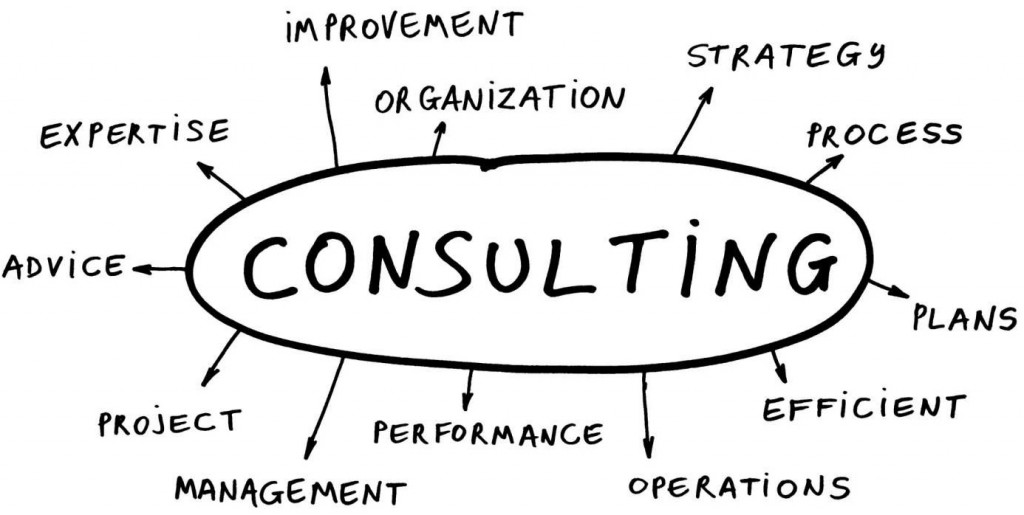
Online services are a great way for your business to grow and reach more people. While this can be time-consuming as well as costly, it can help you reach more people and make more money. There are some downsides to online services, so be sure to consider all your options. This article will look at some of the benefits and risks of providing services online.
NHS Direct
NHS Direct provides many of the same services as its traditional counterparts, but in a more convenient way. This means that users don't have to visit a doctor's surgery or leave their home. You can use the online system to reach a doctor whenever you have a question or need advice.

NHS Direct offers phone support as well as its online services. The staff is highly qualified and can deal with a wide variety of health concerns. This includes symptomatic queries, requests for local healthcare services, and healthy living advice. This service has saved the NHS millions each year.
BUPA
BUPA is a pioneer in the UK market as a provider health insurance. The company is known worldwide and has a large customer base that it can tap into. The online platform allows members to access a wide variety of services. BUPA's strengths and weaknesses can be identified by using a SWOT analysis. This allows for the best possible capitalization.
BUPA's web presence has been improved by adding business intelligence solutions from Citrix or Futrix. This allows BUPA offer better services to customers. It has also made it easier for customers to communicate with it.
BUPA's online service for health advice
The BUPA's online service for health advice is a free resource that anyone can access to help them maximize their health benefits. You can access health information and advice in any language for your family and friends. For questions about their health, they are available 24/7. For a fee, members can get a second opinion form a doctor.

This service is a partnership with the network of providers that makes it possible for members to access online health care. Using this service, Bupa members can request a second opinion from a medical specialist or general practitioner. These experts can offer advice and make recommendations regarding treatment options, as well as alternative treatments.
FAQ
What happens when the consultant finishes his job?
After the consultant has completed the work, they will submit a final document detailing the results. This report includes the deliverables and project timelines.
After that, you'll go through the report and decide if it meets your expectations. If the report does not meet your expectations, you have two options: to request changes or to terminate the contract.
What should I expect from my consultant
After you have selected your consultant, expect to hear from them within a few business days. They will usually ask for information about your company, including its mission, goals, products, services, budget, etc. Next, they'll provide a proposal describing the scope and estimated time frame, fees, deliverables or milestones, as well as an estimate of costs.
If everything is in order, then the parties will enter into a written contract. The type of relationship between the parties (e.g., employee-employer, independent contractor-employer) will affect the terms of any contract.
If all goes well, the consultant will start working immediately. You will have access both to your documents and internal resources and the consultant's skills and knowledge.
You shouldn't assume, however, that every consultant is an expert in all areas. To become an expert in any field you consult, it takes practice and effort. Do not expect your consultant to be an expert in every aspect of your business.
Why do you need consultants?
There are many reasons you might need to hire a consultant.
-
You may have a problem or project that your organization needs to solve.
-
You want to improve or learn new skills.
-
You want to work closely with experts in a certain field
-
No one else is available to take on the task.
-
You feel overwhelmed with all the information you see and don’t know where it is.
-
You don't have the money to pay someone full time
You can find good consultants by word of mouth. Ask your friends and family if they know of any reliable consultants. Ask someone you know who is a consultant for his/her recommendations.
If you're interested in using online directories, such as LinkedIn, you can use the "Search People” feature to find consultants near your location.
How did modern consulting come to be?
Consultants were originally accountants who could help companies manage their financial affairs. They became known as "accounting consultants." This was because they had become very skilled at managing financial information. But, their role soon expanded to other areas such as human resource management.
The French word meaning "to advise" in French is what gave rise to the term "consultant". This term was originally used by businessmen to denote someone who could give guidance on how to run an enterprise. Today, business owners still use the term consultant to refer to any type of professional advisor.
Statistics
- On average, your program increases the sales team's performance by 33%. (consultingsuccess.com)
- According to statistics from the ONS, the UK has around 300,000 consultants, of which around 63,000 professionals work as management consultants. (consultancy.uk)
- According to IBISWorld, revenues in the consulting industry will exceed $261 billion in 2020. (nerdwallet.com)
- So, if you help your clients increase their sales by 33%, then use a word like “revolution” instead of “increase.” (consultingsuccess.com)
- "From there, I told them my rates were going up 25%, this is the new hourly rate, and every single one of them said 'done, fine.' (nerdwallet.com)
External Links
How To
How can I find a good consultant for my business?
Knowing what you need from your consultant is the first step to finding a qualified consultant. What do you need them to do for your website? Are you looking for them to help optimize your website to rank higher on search engines? Or perhaps you just want someone who can tell if there are any issues with your current hosting provider. You need to know what kind of services you want, and then you can begin looking at other companies. While there are many consultants that claim to be able provide these services for you, not all of them will. How can you pick the right one? Here are some tips to help you choose a consultant.
-
Refer to others. This is the best method to find a consultant. Because you are likely to pay too much, you shouldn't hire someone who you have never heard of. However, you don't want work with someone who has a bad reputation. If you're lucky enough to get referrals from people you trust, then great! You might also be able to find reviews online even if there are no referrals. Find testimonials and case study examples from customers who have used your product.
-
Ask around. Many people don’t know that they could gain from consulting. They assume that their current situation is fine and they don’t need changes. This is often false. Even if you're getting great results right now, chances are that you haven't been keeping up with new trends or technologies. Relying on outdated methods will prevent you from maximizing your potential for growth. It is always worthwhile to ask around for recommendations of good consultants.
-
Verify their qualifications. It doesn't matter if you are looking for a consultant to help you build a blog or launch a multimillion-dollar eCommerce site, you need to make sure they have the right skills to manage your project. Make sure that they're qualified to perform the tasks you need to be done and that they have sufficient expertise in the area.
-
Find out what kind of projects they specialize in. This is false. Some areas require specialized training and education. If you are looking for someone to create a WordPress theme, then you will not want to hire someone who isn't a specialist in Drupal. This is true for programming languages and graphic design. Ask what projects they usually work on.
-
You should know their prices. We said that you don't need to pay too much for consulting services. However, you don't need to pay too much. Consultants come from all walks of life. Some bill hourly, while others are charged per project. You can save money by knowing upfront exactly what you will be paying.
-
Learn what they offer. Are they willing to provide free consultations? Are they willing to give advice about how to set up your own system or provide other assistance? Is there a guarantee that your site will rank higher after working with them? You can cancel your consultation at any time without penalty if you are not satisfied with what you heard.
-
Also, ask if discounts are available for multiple months and years. Many consultants offer discounts for longer periods. Although you do not have to commit to a year, it is possible to take advantage of any offers they may offer.